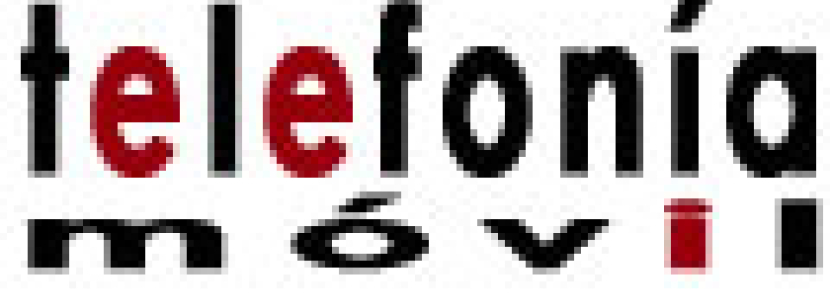
Sweden and Norway aim to become the first European nations to offer turbocharged mobile phones services, allowing consumers to download content from the internet one hundred times faster than on the fastest existing network.
TeliaSonera, which operates in both countries, as well as Sweden’s Tele2 and Telenor, plan to launch the first commercial service during the first half of 2010. Germany’s T-Mobile, Ireland’s Hutchison 3 and Spain’s Telefonica O2 are to follow suit in 2011, according to European Union experts in Brussels.
The EU is investing heavily in fourth generation (4G) mobile phone networks, which promise download speeds of up to 100 megabytes per second.
Phones capable of exploiting this so-called Long Term Evolution (LTE) advanced technology are still being tested and will not become widely available until 2012 at the earliest.
By enabling users to download live streams of high-definition videos or to hold video conferences, LTE promises to further blur the distinction between mobile phones, laptops and televisions.
"LTE technologies will turn mobile phones into powerful mobile computers. Millions of new users will get ultra high-speed internet access on their portable devices, wherever they are," Viviane Reding, the EU’s telecoms and media commissioner, said in a statement.
In July, the EU’s executive arm in Brussels, the European Commission, earmarked an additional 18 million euros to fund LTE projects, with the bloc spending hundreds of millions of euros over the 2007-13 period to develop 4G networks.
The EU, whose GSM standard is now used by 80 per cent of the world’s mobile networks, is currently in talks with its Asian partners on developing a global standard. Japan, the United States and Canada also plan to launch LTE services in 2010.




